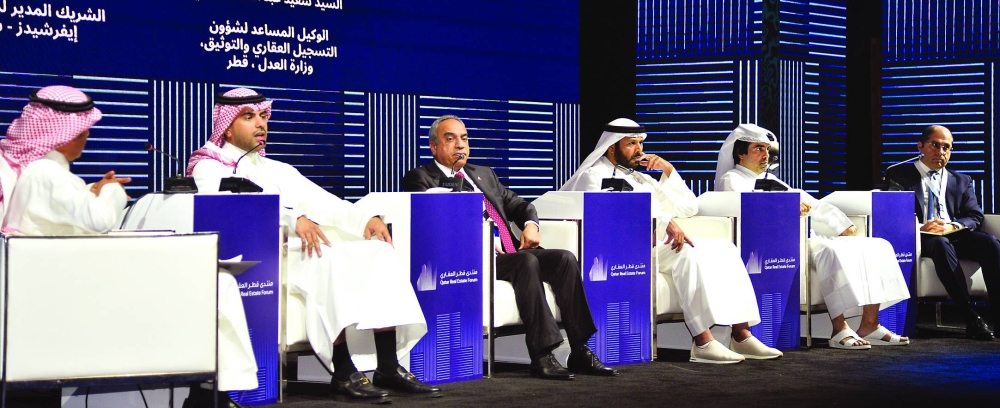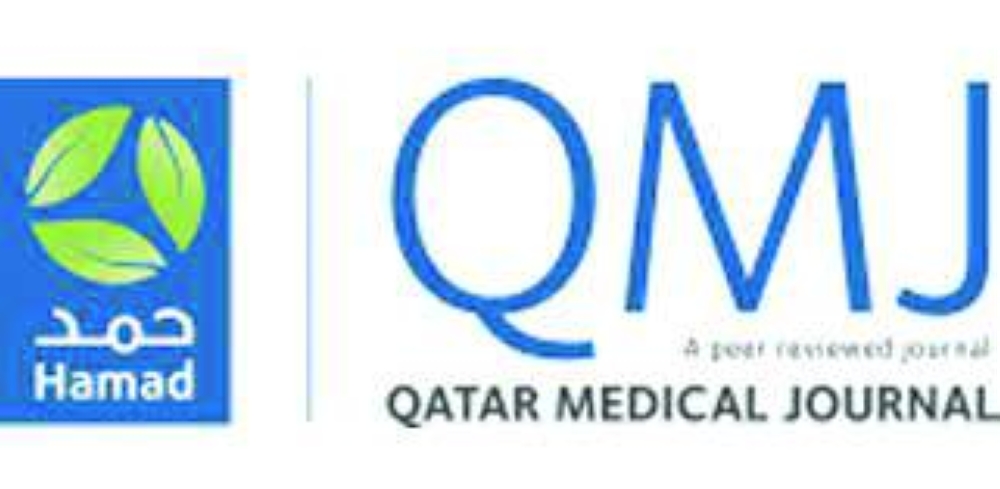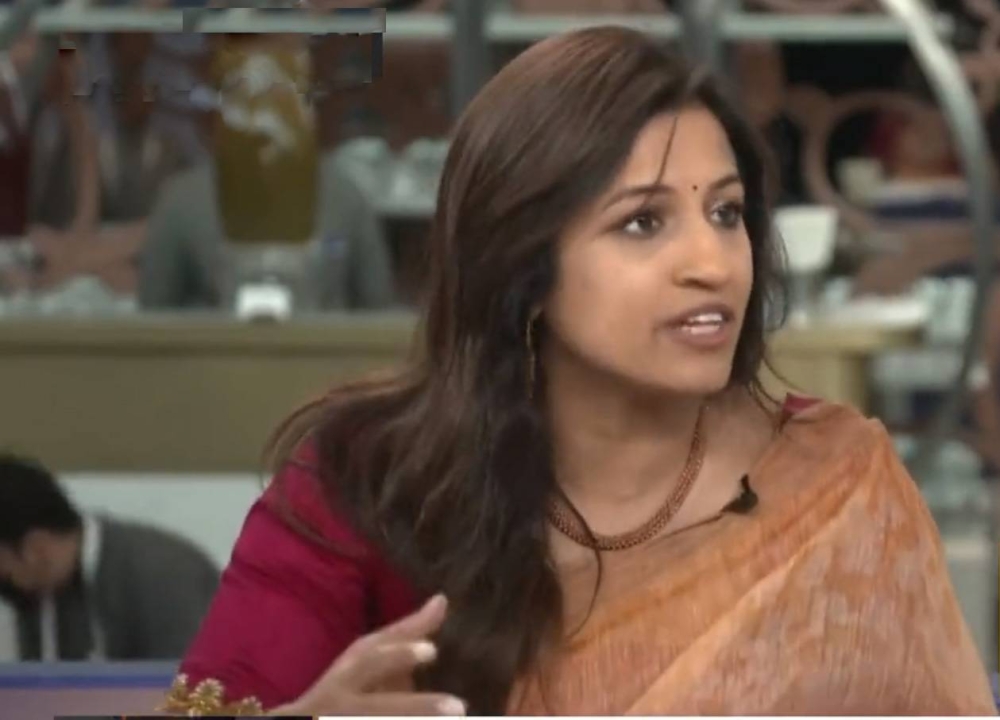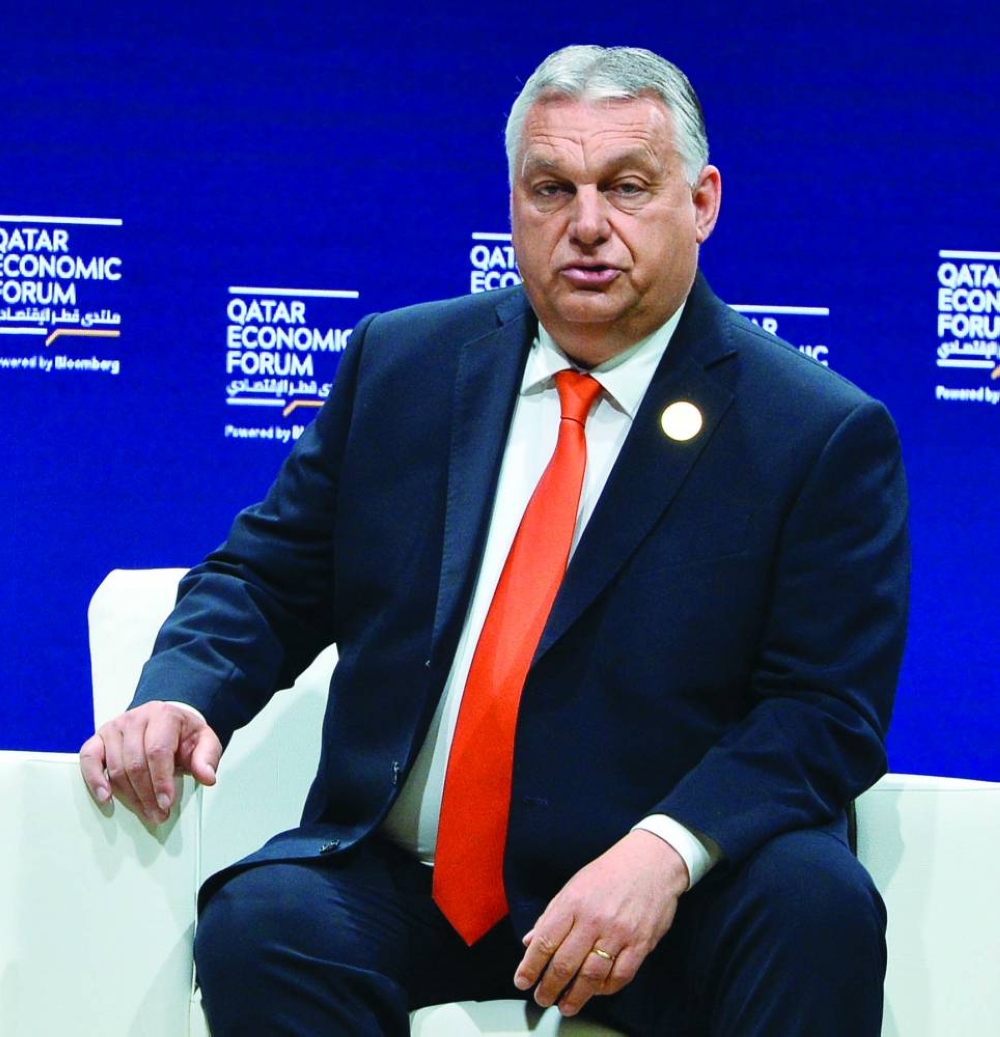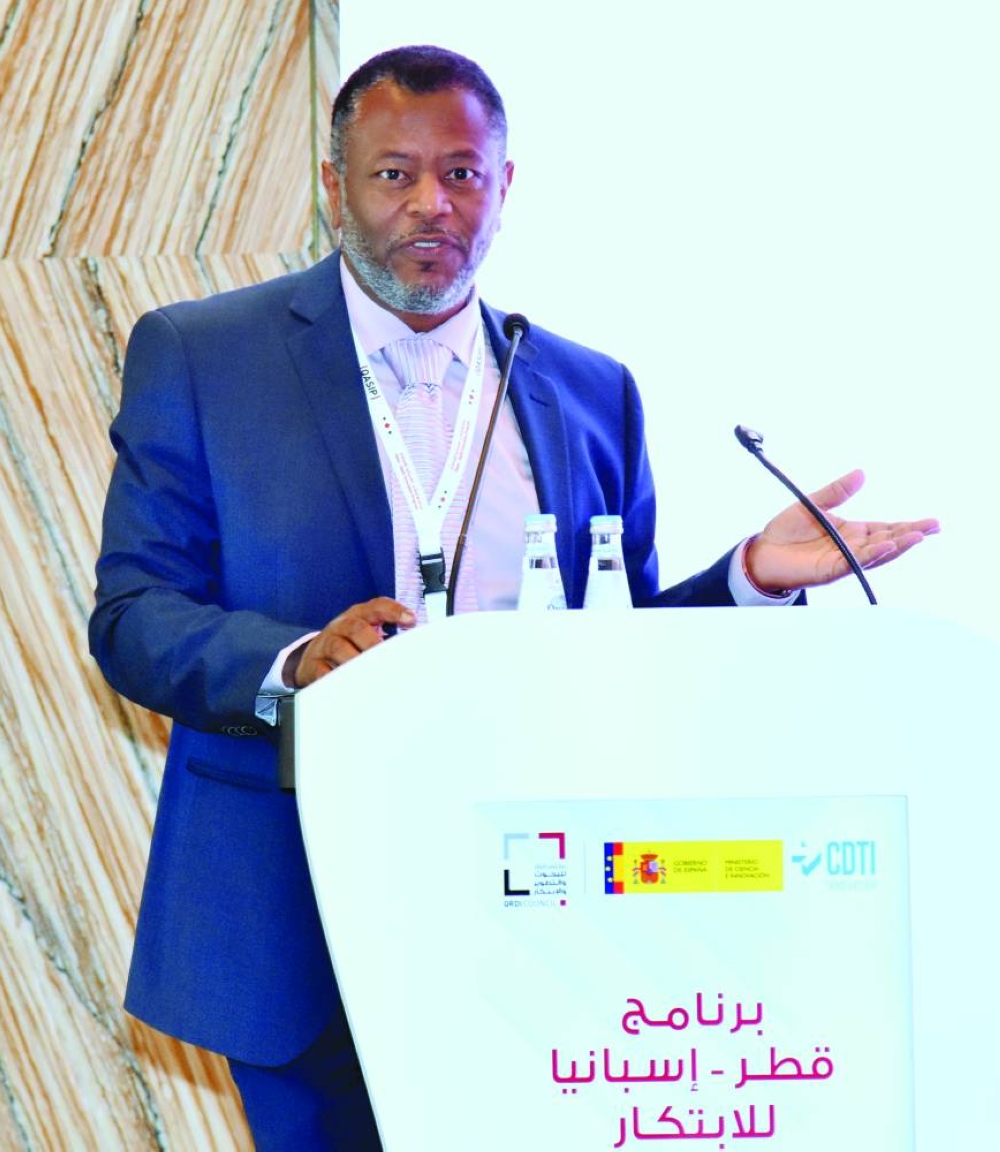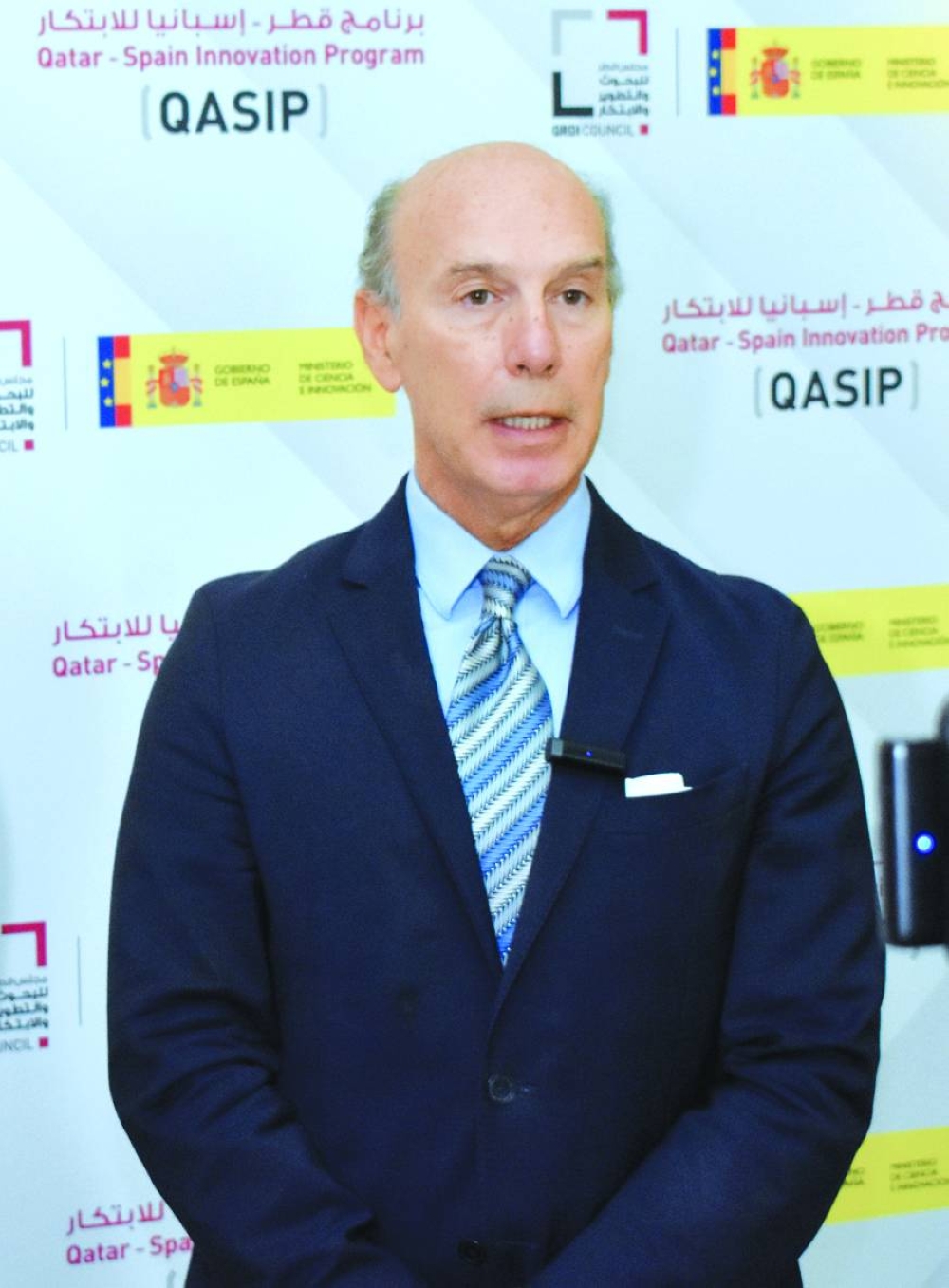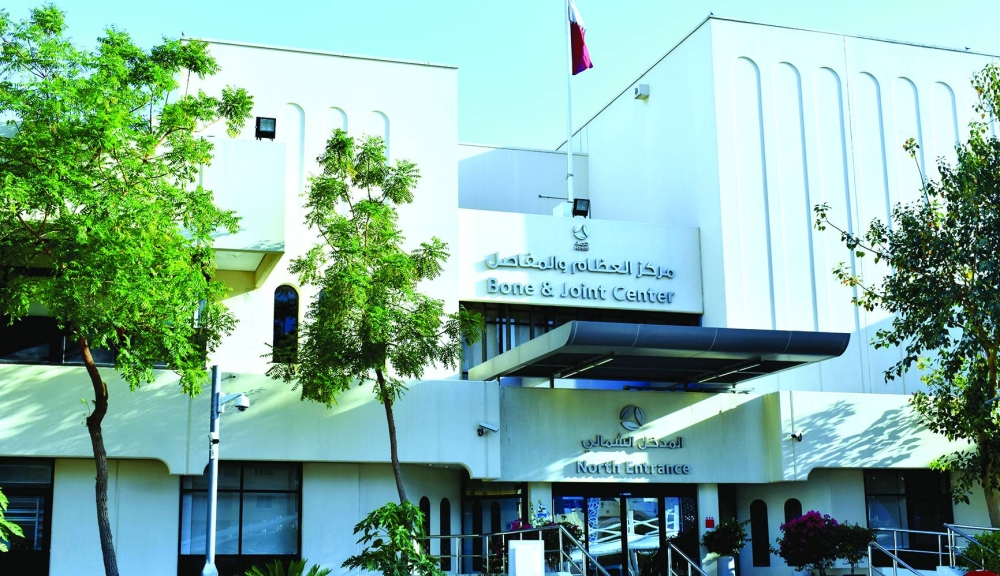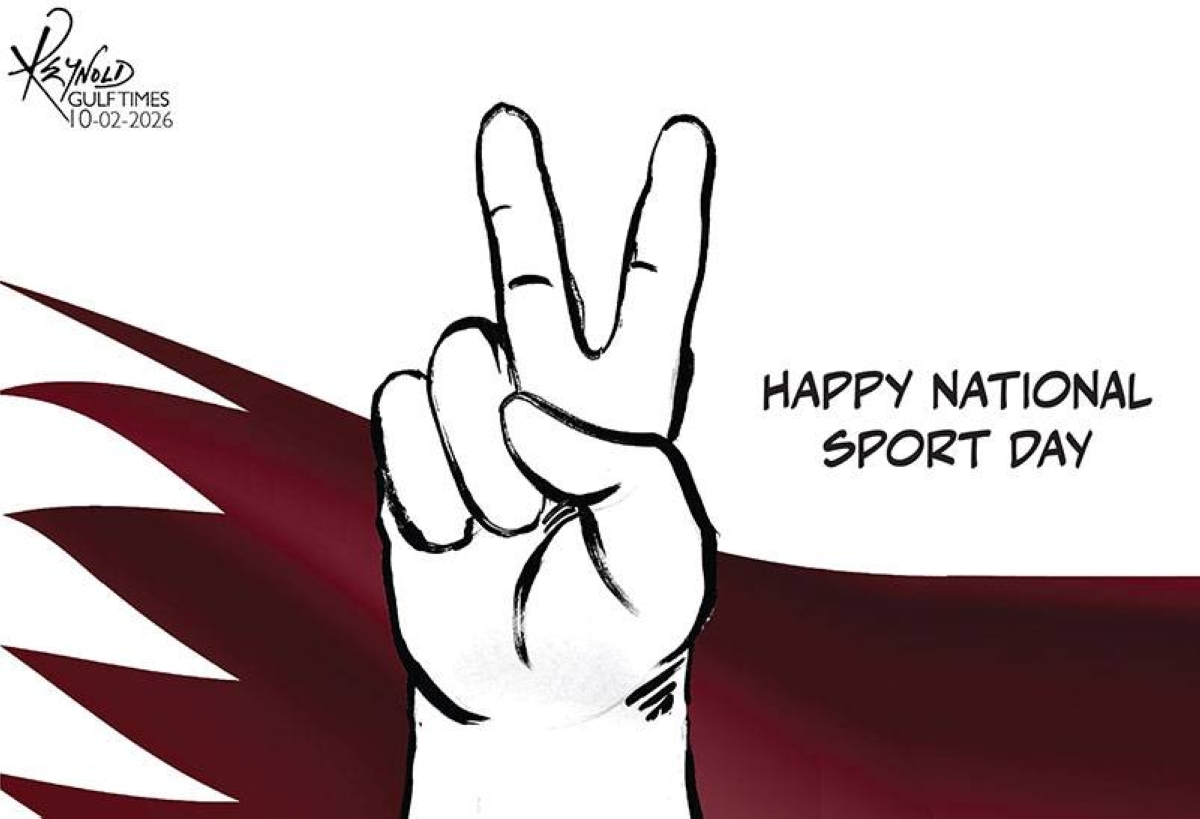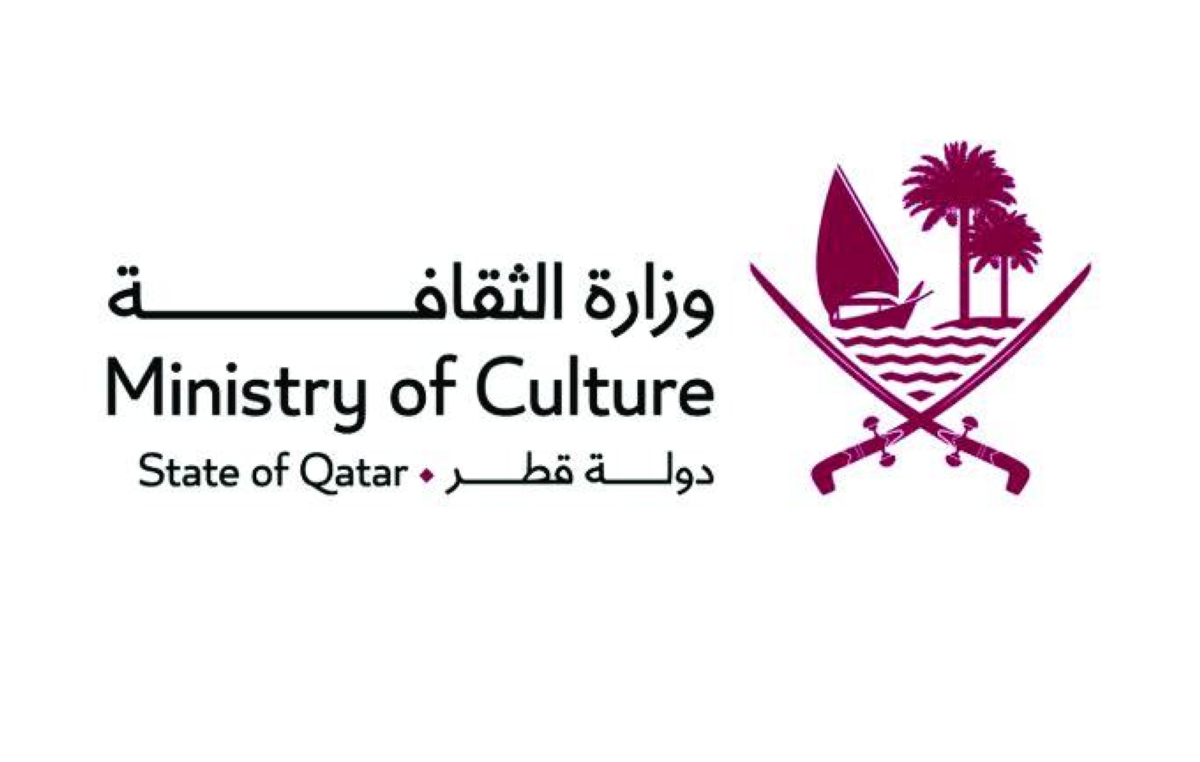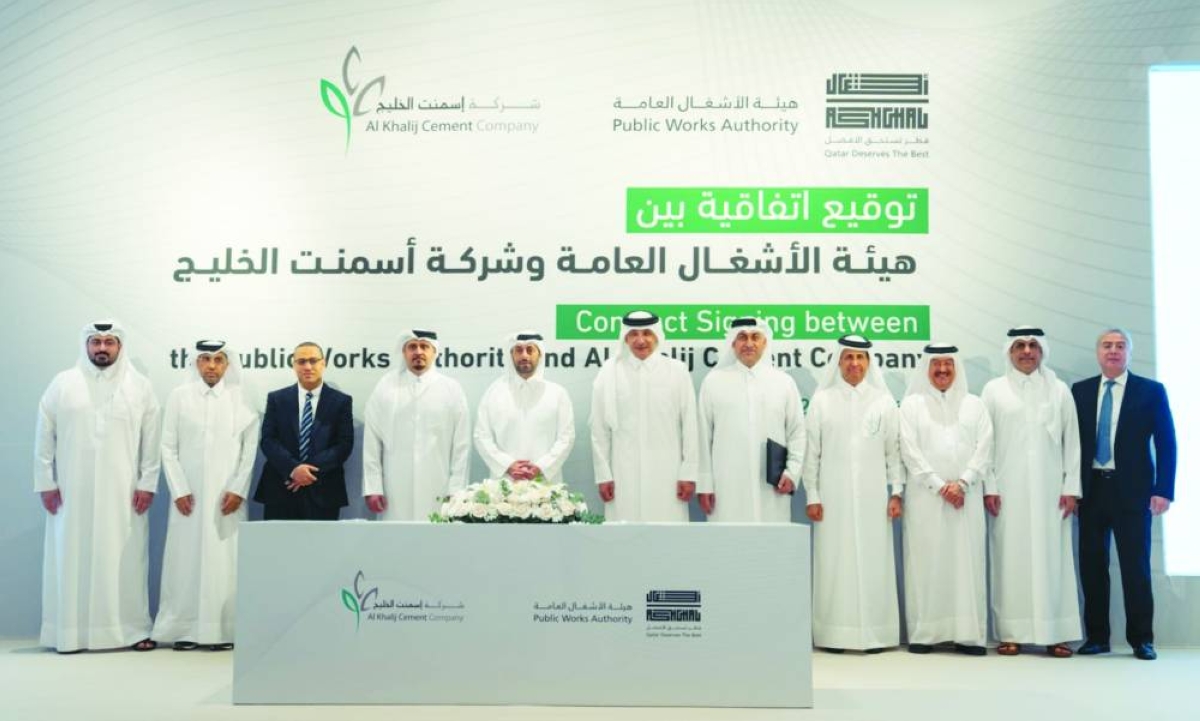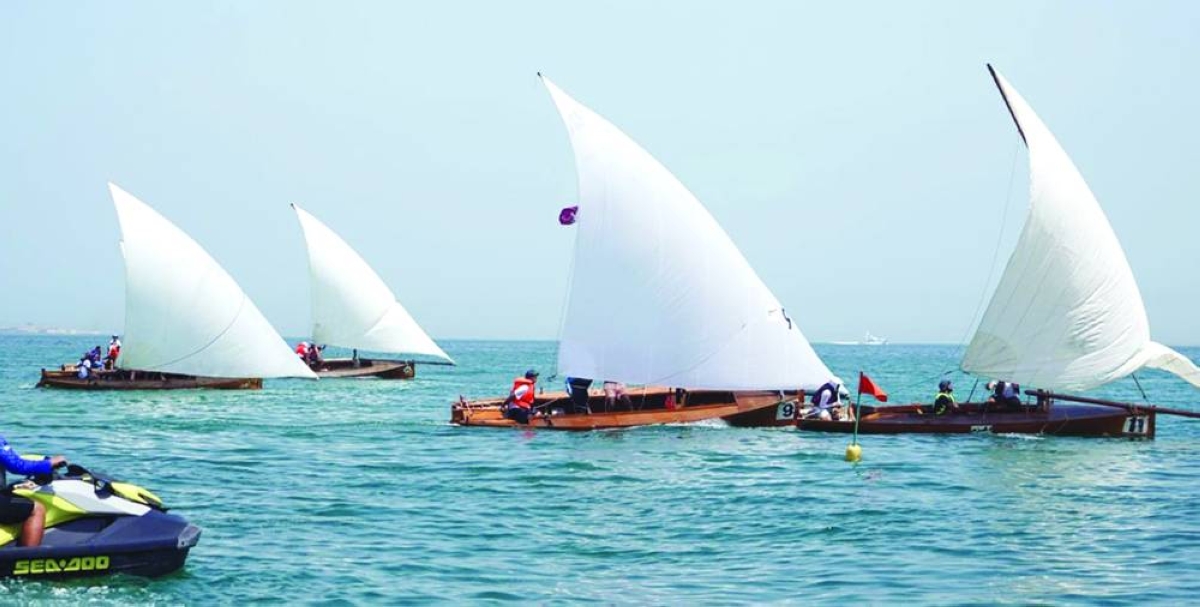Experts from the Gulf region highlighted the need for regulations and legislation in the real estate sector for supporting the national economies Sunday at a panel discussion during the ongoing Qatar Real Estate Forum.At a session titled ‘Governance of the Real Estate Sector’, speakers shared their experiences in their respective countries and how the system works with the support of appropriate strategies and policies.Real estate market regulation and supervision mechanisms such as real estate brokerage, real estate contributions, sorting mechanisms, real estate registration, disputes and real estate arbitration mechanism were the major points of discussion.Saeed Abdulla Saeed al-Suwaidi, assistant undersecretary for Real Estate Registration and Authentication Affairs and chairman of the Committee for Non-Qatari Ownership and Use of Real Estate, Qatar, said that Qatar's new real estate law aims to make the real estate sector in the country successful.“According to some recent reports, Qatar real estate sector is one of the best in the world and in the construction sector too Qatar is ranked very highly. Through the new law, we aim to take the sector to greater heights. We will be able to get more information about all aspects of the sector and gain accurate statistics about the sector in the country,” said al-Suwaidi.Speaking about the impact of regulations and legislation on the development of the real estate sector, Abdullah Saud al-Hammad, CEO of the Real Estate General Authority, Saudi Arabia, explained the reasons and rationale for forming a real estate policy in his country.“In real estate sector, there are three stakeholders. The first one is those who want to buy the properties, the second one is the developers and the third are those who are engaged in the real estate activities. All the three of them are very important components of the whole system,” said al-Hammad.Essam Abdullah Khalaf, chairman of the Board of Directors of the Real Estate Regulatory Authority, Bahrain, pointed out that the real estate law is one of the main pillars in supporting the national economy."In Bahrain there are a lot of developments which are a great source of support for the government. There should be opportunities for the investors and this will provide more stability and security for them to develop modern infrastructure. Those who come to a country should also get facilities and services such a s educational and healthcare services. as such steps will help the investors with to gain more confidence,” he explained.According to Marwan Ahmed bin Ghalita, CEO of the Real Estate Regulatory Agency, Dubai Land Department, UAE, maintaining the rights and providing the facilities will help the investors in the real estate sector.“It promotes confidence among the investors. There should be flexibility in the approach. In Dubai we understand that what is good for the private sector is good for the country as we promote private-public partnership,” highlighted Ghalita.Dani Kabbani, managing partner, Eversheds Sutherland, also provided his insights and legal aspects in the sector at the panel discussion moderated by Khalid al-Yahya. The speakers also stressed the need for confidence building measures as well as the need for speedy solutions for the disputes that might emerge.

Joseph Varghese
A journalist with a penchant for reporting events, Joseph Varghese digs deep to unearth facts. With several years of experience, including at Gulf Times, Joseph handles health, science and technology, IT and education in addition to everyday developments.
Most Read Stories

